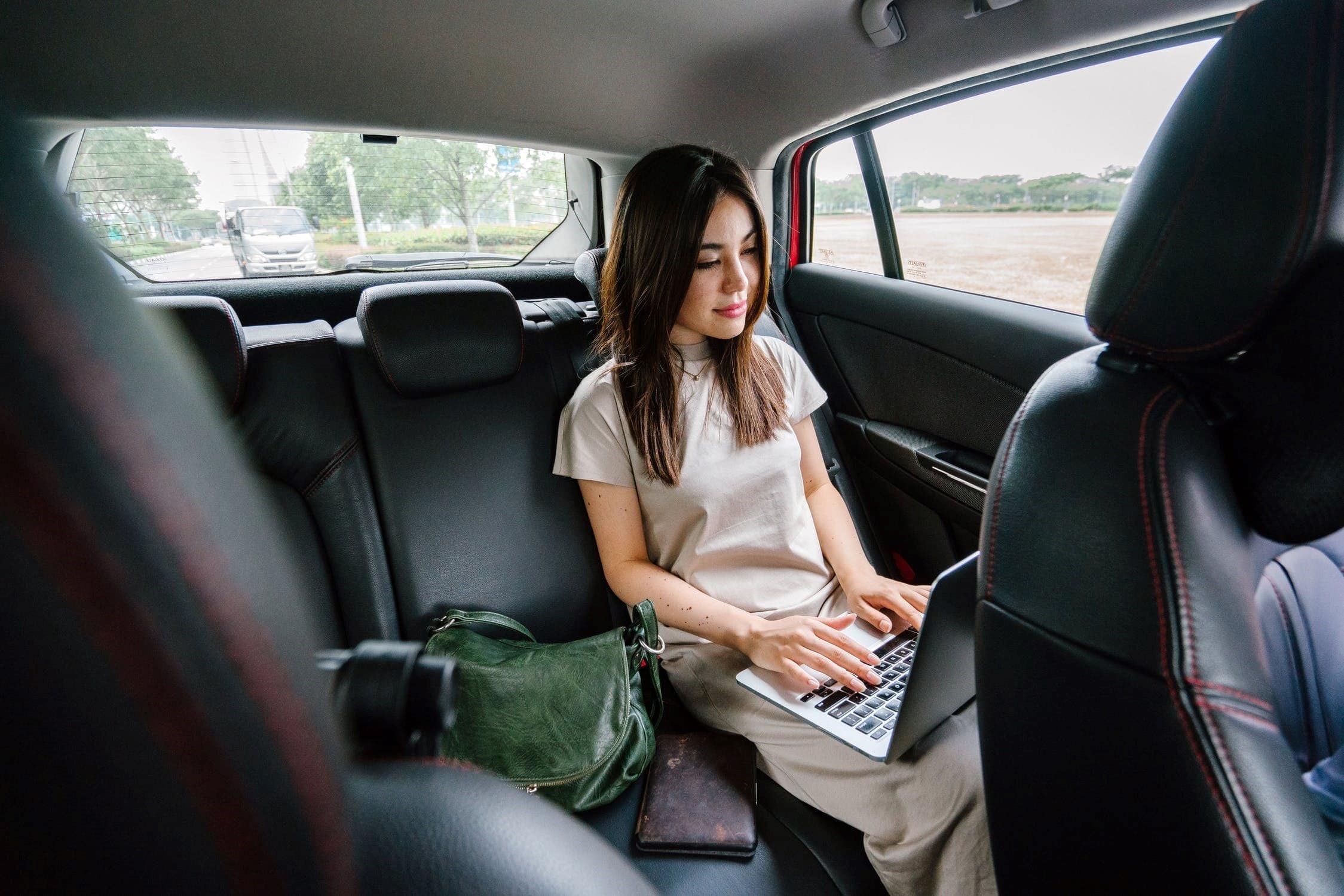Mobile work increases employee productivity, corporate IT becomes more agile and employees with flexible work models are happier – but some companies still have security concerns. Read about best practices in mobile working and remote access, challenges and solutions:
The benefits of mobile working with remote access
The digital workplace offers numerous advantages: on the one hand, the outsourcing of data and applications to the cloud reduces costs at a very low investment volume. On the other hand, the availability and scalability of the applications is improved, while at the same time performance is optimised. The most important benefit, however, is employee satisfaction, which is achieved through digital workplaces with remote access. In times of the increasing importance of work-life balance, outdated working models are absolutely obsolete. Young talents can only be attracted by attractive and flexible working time models that also offer room for a balanced private life.
However, the employer is not only rewarded with highly qualified employees if he successfully introduces the digital workspaces with remote access. Companies also benefit from increased productivity. Employees who work on the move are generally more motivated and more productive. It enables them to fully exploit their creative potential and freely live out their working and creative habits. Ingenious ideas don’t come planned. According to a survey by the office service provider Regus, 76% of German companies are convinced that flexible working hours increase employee productivity. A study by the Kiel Institute for the World Economy (IfW) produced a similar result, according to which companies, that practice flexible working time models, launch 11 to 14% more new or improved products on the market than competitors who adhere to rigid working time models.
Mobile working: best practice
Microsoft is one of the pioneers in mobile working. In addition to the Trust Workplace, which has been established in the company since 1998, Microsoft Germany now also offers the “Trust Workplace”. Whether in the favourite café, at home, at the customer’s or at the lake – the decision from where to work is entirely in the hands of the employees. “Presence doesn’t say anything about the quality of employees’ performance, but often even provides a false picture,” emphasizes Elke Frank, Senior Director Human Resources and member of the management board at Microsoft Germany. The concept of mobile work seems to be working perfectly: the company with its flat hierarchies and the consistent expansion of flexible working time models was named “Germany’s Best Employer” for the fifth time in a row in 2014.
Study: Advantages of mobile working identified, but safety concerns
The majority of European companies have long recognised this potential – this was made clear by a survey conducted by zscaler, a cloud security provider, among companies in England, France, Germany and Benelux with more than 3000 employees. In 72% of the companies surveyed, every second employee uses mobile devices to access applications and data in the cloud or corporate network. As drivers for digital transformation, 37% cited greater employee flexibility, 38% the implementation of more efficient processes. Although the advantages of mobile working are recognised and utilised, the majority of decision makers in companies are concerned about the security of remote access.
Most access is via VPN, with 80% of respondents having security concerns about the way employees remotely access data and applications. There are also security concerns about the use of insecure networks (34%), 21% worry about access with unmanaged devices, and as many fear access to the entire corporate network by users who actually only need access to selected applications. In addition, one in five has concerns about opening up the entire network, as this increases the risk of unauthorised access.
Not surprisingly, due to security concerns, the survey found that 34% of companies start their transformation projects based on security requirements. Only 9%, on the other hand, plan a holistic approach with the integration of application, network and security transformations.
Secure mobile working and remote access with oneclick™
oneclick™ eliminates these security concerns for remote access: By using oneclick™, the user no longer has to deal with the access problem of multiple endpoints and associated VPN clients. The user has access to all shared applications and servers via a workspace in the browser. As a central gateway service and via a secure authentication and delivery procedure, the oneclick™ platform provides access to all necessary resources. At the same time, oneclick™ ensures that each user only has access to the data and applications they need.
In addition, oneclick™ enables real and secure BYOD: Access to the workspace can be made with any end device. oneclick™ is 100% web-based. The browser represents the secure barrier to the working environment without the end device having to be restricted in its functions by complicated and expensive mobile device management.
Sources:
- https://www.computerwoche.de/a/cloud-potenzial-richtig-ausreizen,3544819
- https://news.microsoft.com/de-de/microsoft-deutschland-fhrt-vertrauensarbeitsort-ein/
- https://blog.wiwo.de/look-at-it/2019/06/26/herausforderungen-fuer-die-digitalisierung-in-europa-mobile-mitarbeiter-remote-zugriff/
Image sources:
- Image 1: bruce mars @ pexels.com
- Image 2: unsplash @ unsplash.com
- Image 3: kaboompics @ pixabay.com
- Image 4: mentadgt @ pexels.com
- Image 5: rawpixel.com @ pexels.com




